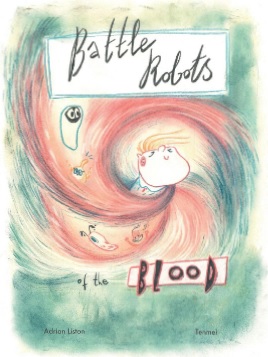Faith, post-modernism, science and the approximation of truth
 Monday, September 14, 2009 at 11:14PM
Monday, September 14, 2009 at 11:14PM Faith, post-modernism and science all have a different approach to truth.
With faith, the underlying premise (whether articulated or not) is that an Absolute Truth exists, and what is more that the believer has an insight into this Truth. Already knowing Truth, evidence contrary to this Truth must be false and can therefore be ignored. End of debate.
Post-modernism is either the opposite of faith, or just a subset of faith. Under post-modernist thought, there is no objective Truth or Reality, merely individual truths or realities that each person constructs for themselves. Every belief or truth then becomes equally valid, it is just as true to describe the sun as a galactic turnip as it is to talk about hydrogen fusion. Ironically enough, post-modernism does have unquestioning faith in one Truth, the Absolute Truth that there are no absolute truths. The irony is generally ignored.
Science has a third, and fundamentally different, way of conceptualising truth. Interestingly, science uses aspects of both the faith and post-modernistic concepts of truth. Science agrees with faith on the claim that there is an objective truth, or rather an objective reality, that exists independent of any observer. However science also agrees with post-modernism on the claim that an individual cannot grasp objective truth, only subjective truth. The unique contribution of science to the concept of truth is the approach of approximation.
Science does not claim to know Truth the way faith does, nor does it give up on the entire venture as a human abstraction the way post-modernism does. Instead science acknowledges that objective truth exists and attempts to reach the closest possible approximation of truth. Science starts with a model of reality. Scientists then attempt to disprove this model in every conceivable way. Inevitably, every model shows a flaw, an experiment which does not act in quite the predicted manner. The scientific model of objective truth / reality is then forced to change to explain the discordant data. Sometimes an entire model is discarded and a new model is picked up, but far more commonly the original model can continue to stand with a few modified improvements. Scientists then attack this modified model of the truth with renewed vigour. Cycle upon cycle, incremental improvements are made to the model, making it harder and harder to find flaws. Science will never be able to reach absolute truth, but it is extraordinary adept at producing an ever-increasingly accurate approximation of truth. The technology we take for granted today is just one display of how accurate scientific approximations of truth are – the scientific model of the atom does not claim perfection, but our daily use of electron flow (electricity) indicates that the scientific approximation is more functionally useful than any other statement of atomic Truth.
 ethics,
ethics,  scientific method
scientific method 



